When Loud Kids Don’t Feel Heard: What Quinn’s Story Has Taught Us So Far
We thought we had Quinn figured out.
He was the third of four. The tall one. The loud one. The full-speed, full-volume, all-in kid from the jump.
He made friends easily. Lit up the sidelines. Always had a story to tell, even if you didn’t ask for it. He was the kind of kid who filled the house and the silence at the same time.
But here’s the truth we didn’t see back then:
Sometimes, the loudest kids still don’t feel heard.
And sometimes, the ones who seem “fine” are just the best at covering it up.
The Middle Kid Mystery
Birth order isn’t a formula, but it does matter. Psychologists say middle children are more likely to become adaptable, diplomatic, and independent, because they have to be.
But they’re also the least likely to be asked:
“Hey, how are you really doing?”
They’re the ones in motion. The ones you don’t worry about because you’re worrying about the oldest’s firsts or the youngest’s meltdowns.
We didn’t realize it at the time, but that’s what was happening with Quinn.
He was the peacekeeper (sometimes), he actually held things in vs share how he was feeling. The entertainer. The easy laugh. And deep down, he was trying to carry a lot.
What We Missed
He had speech issues as a little kid, and we cheered him on through it, but we didn’t always stop to ask what it felt like.
He got injured during a key moment in his athletic career, and we didn’t fully believe him at first. Not because we didn’t love him, but because we thought pushing him was helping.
We heard the noise, the drive, the big energy.
But we didn’t hear the quiet parts, the doubts, the fears, the questions he didn’t know how to ask yet.
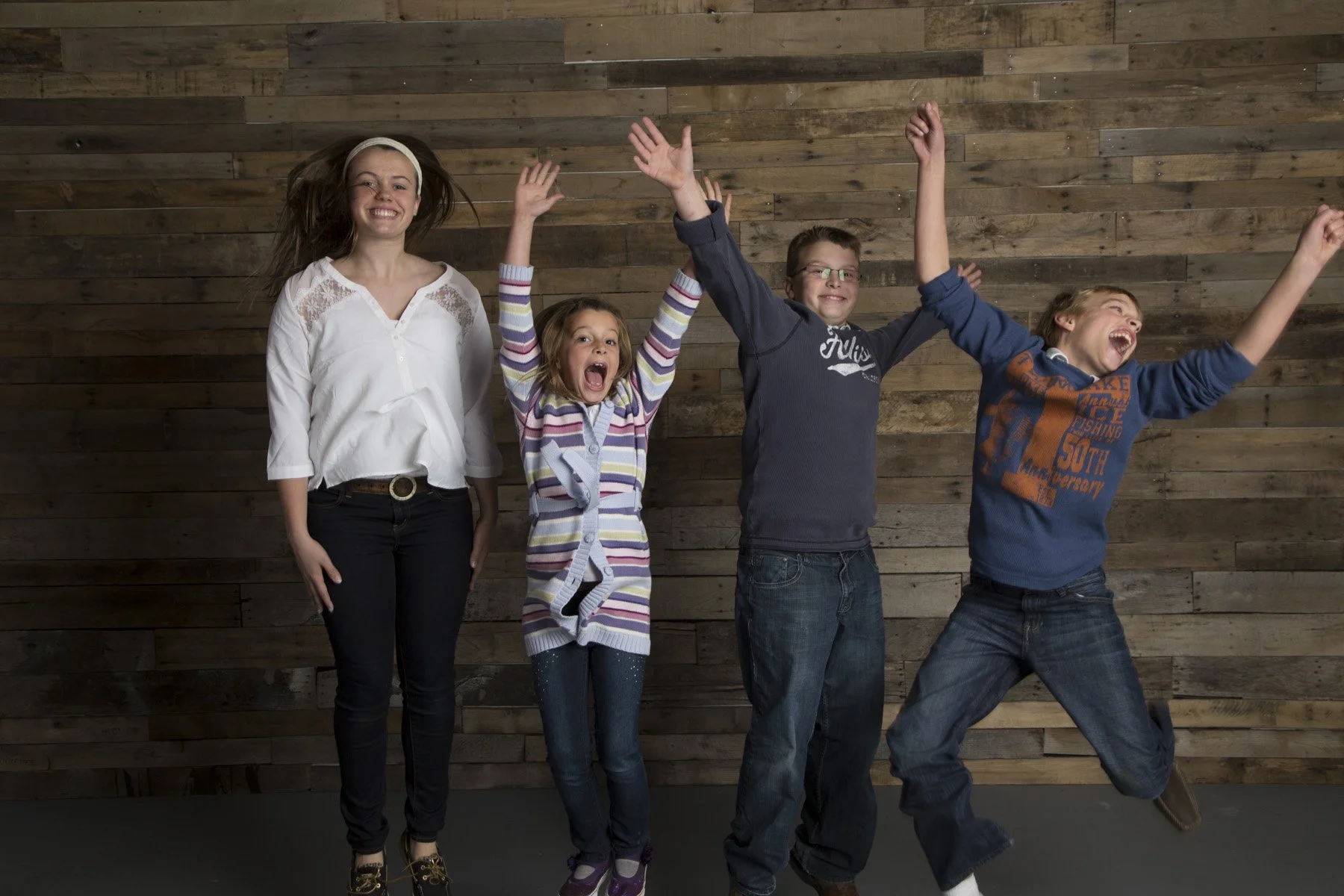






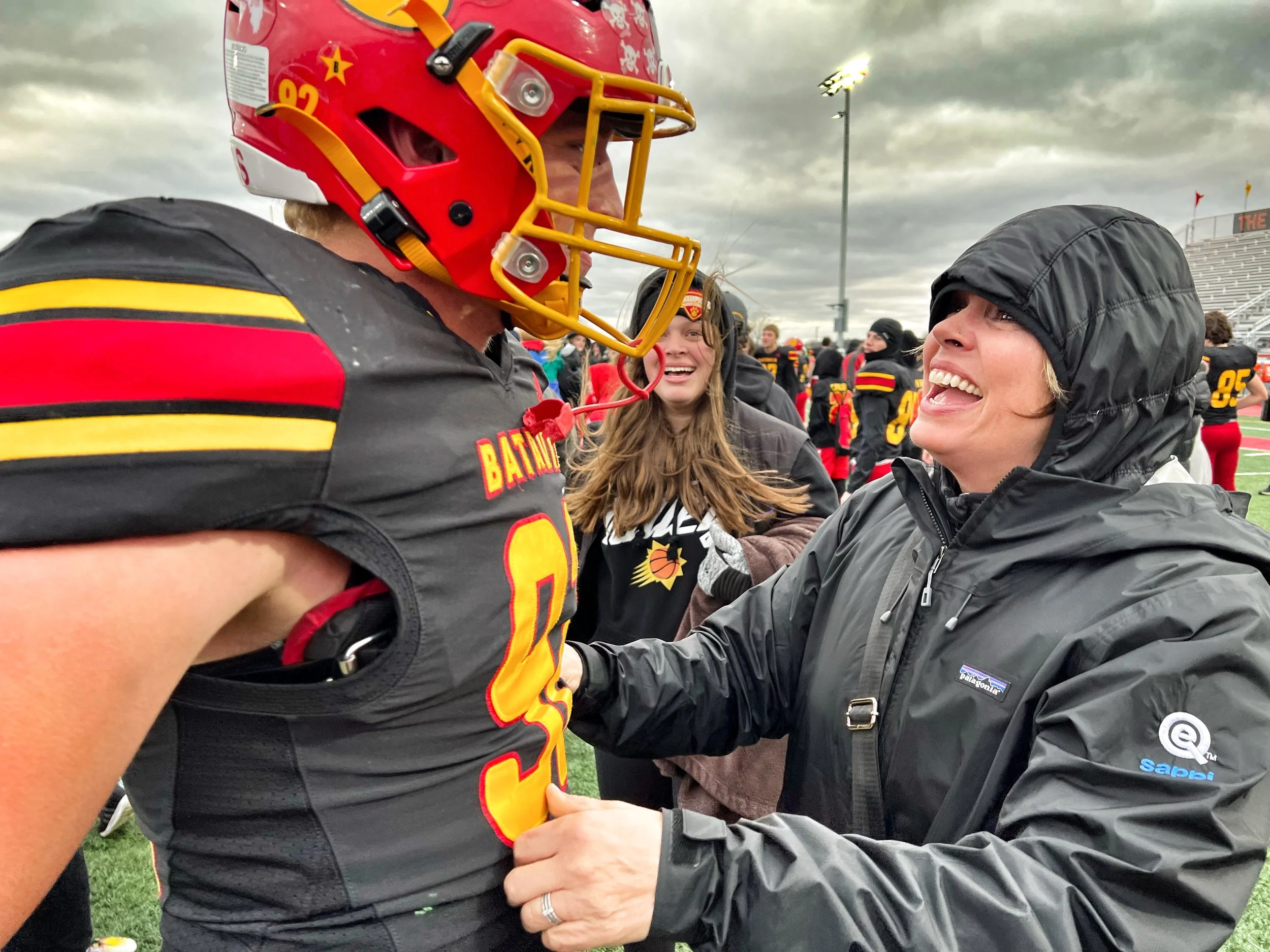


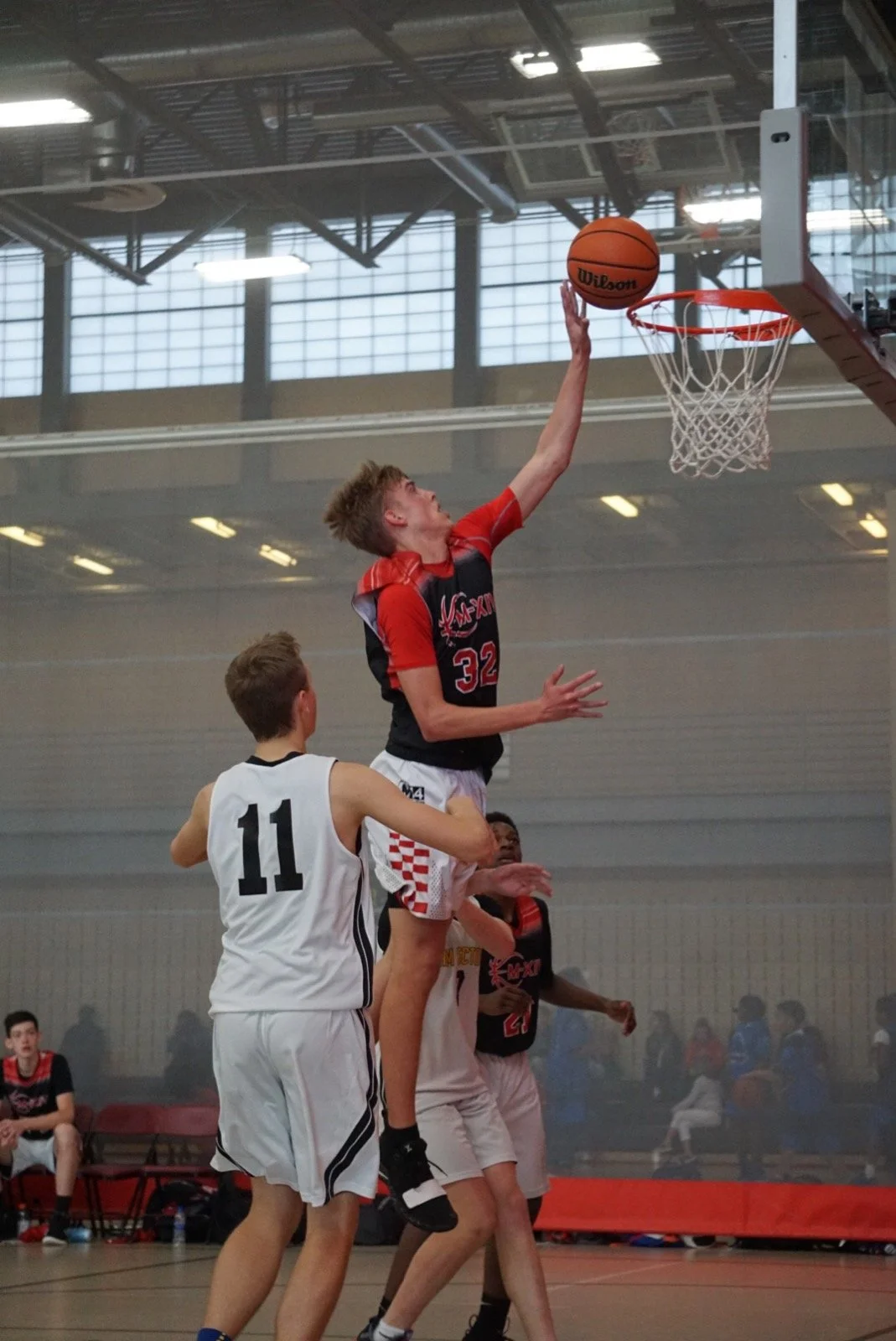



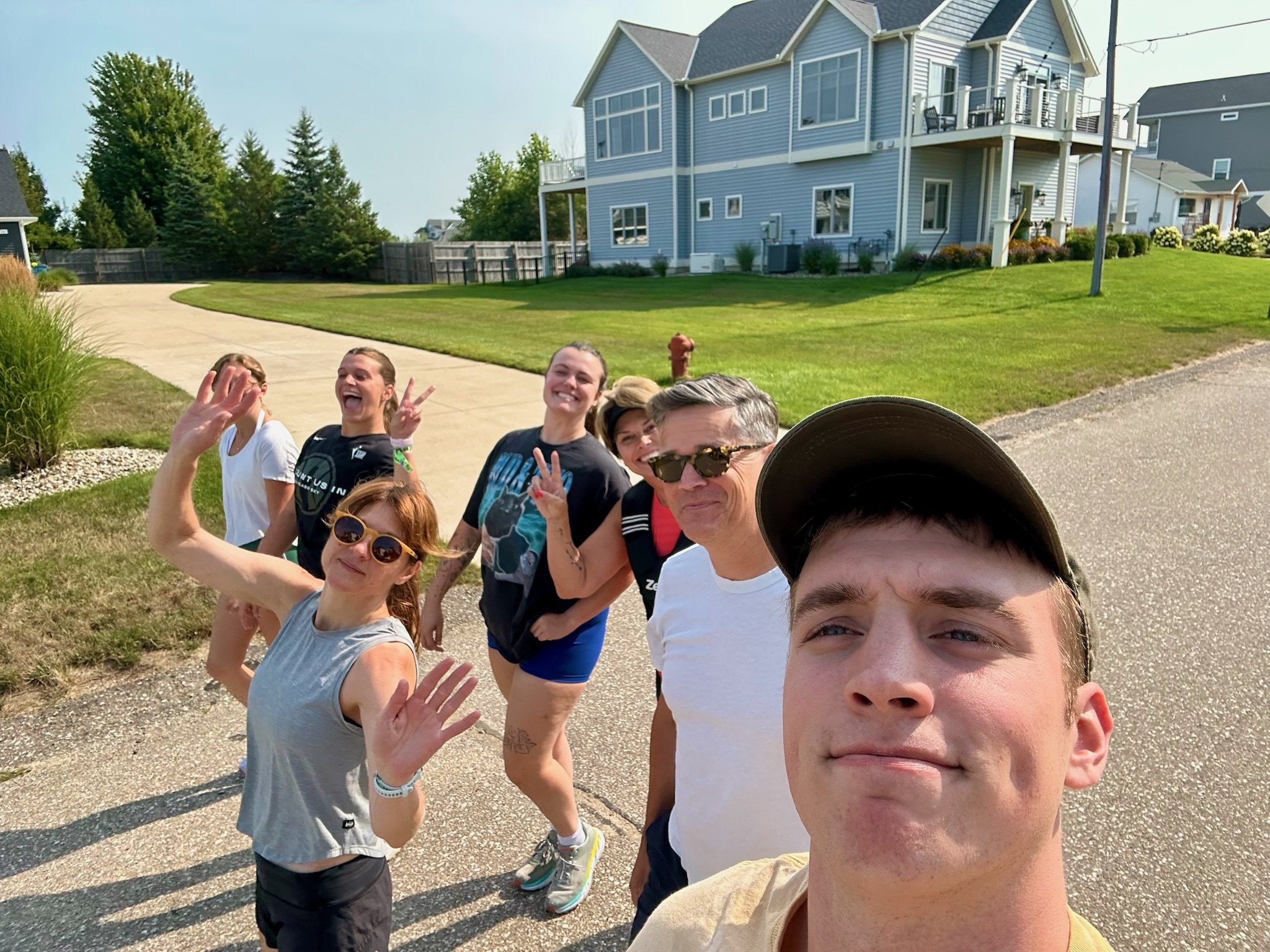

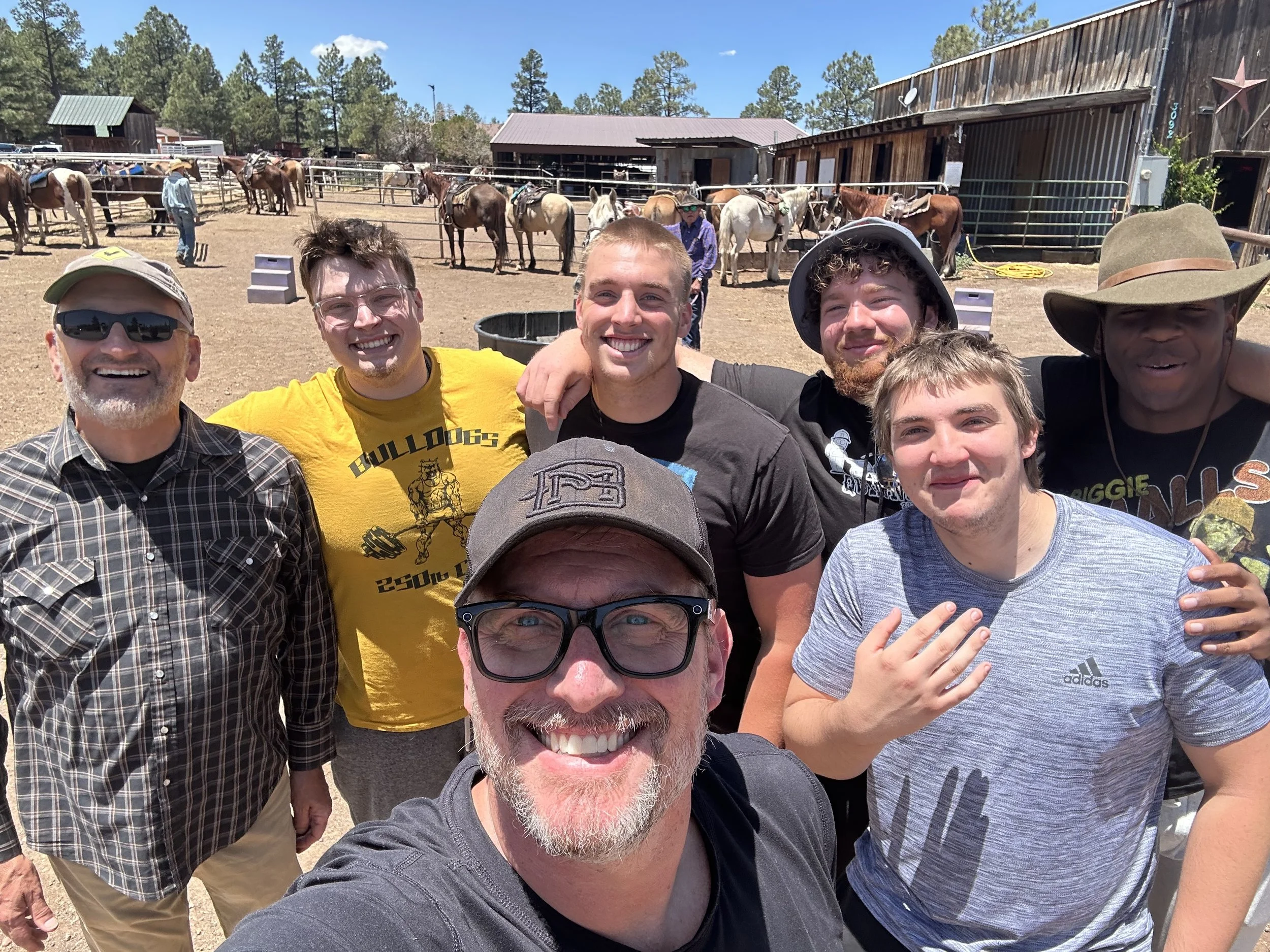
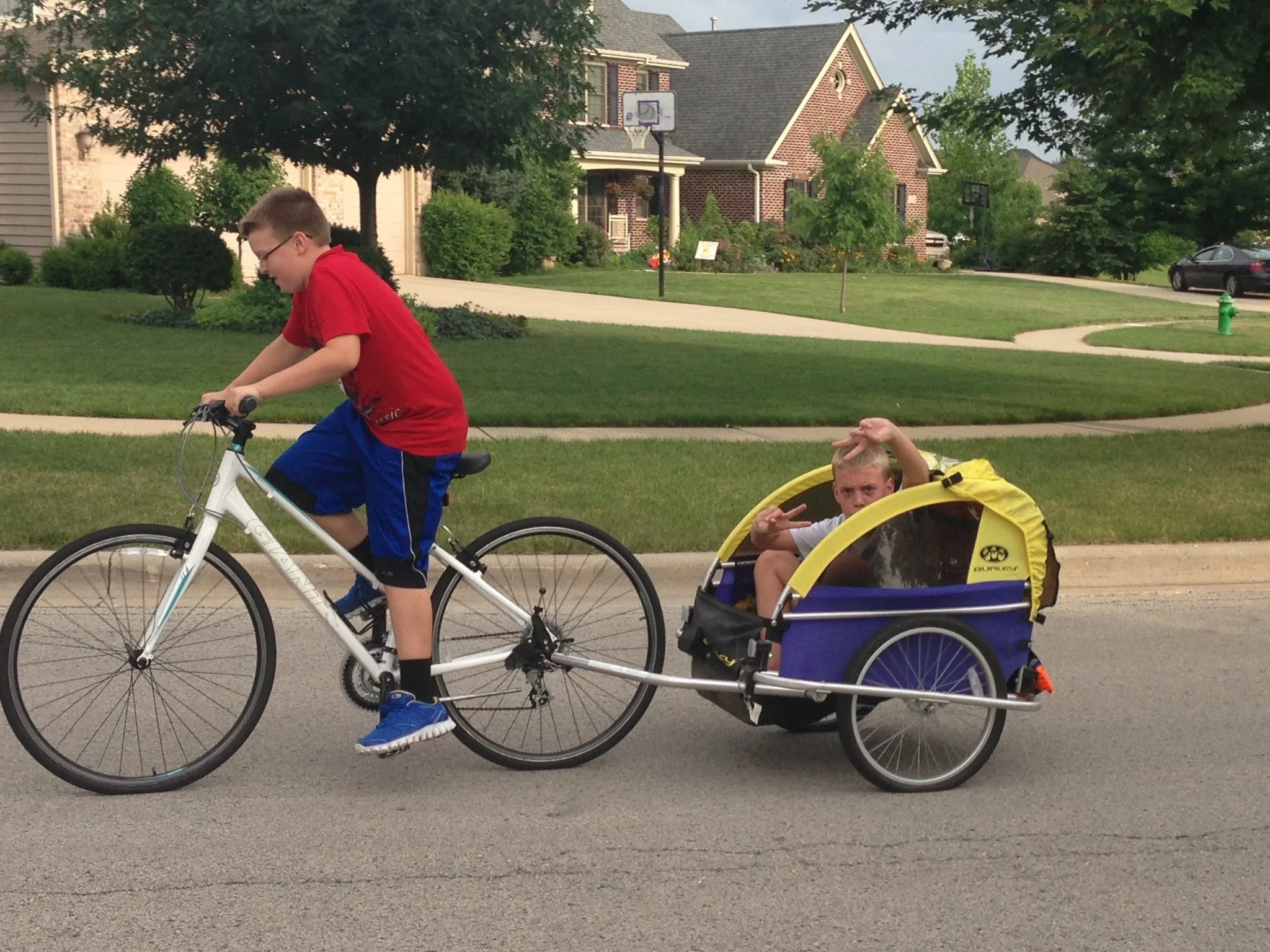
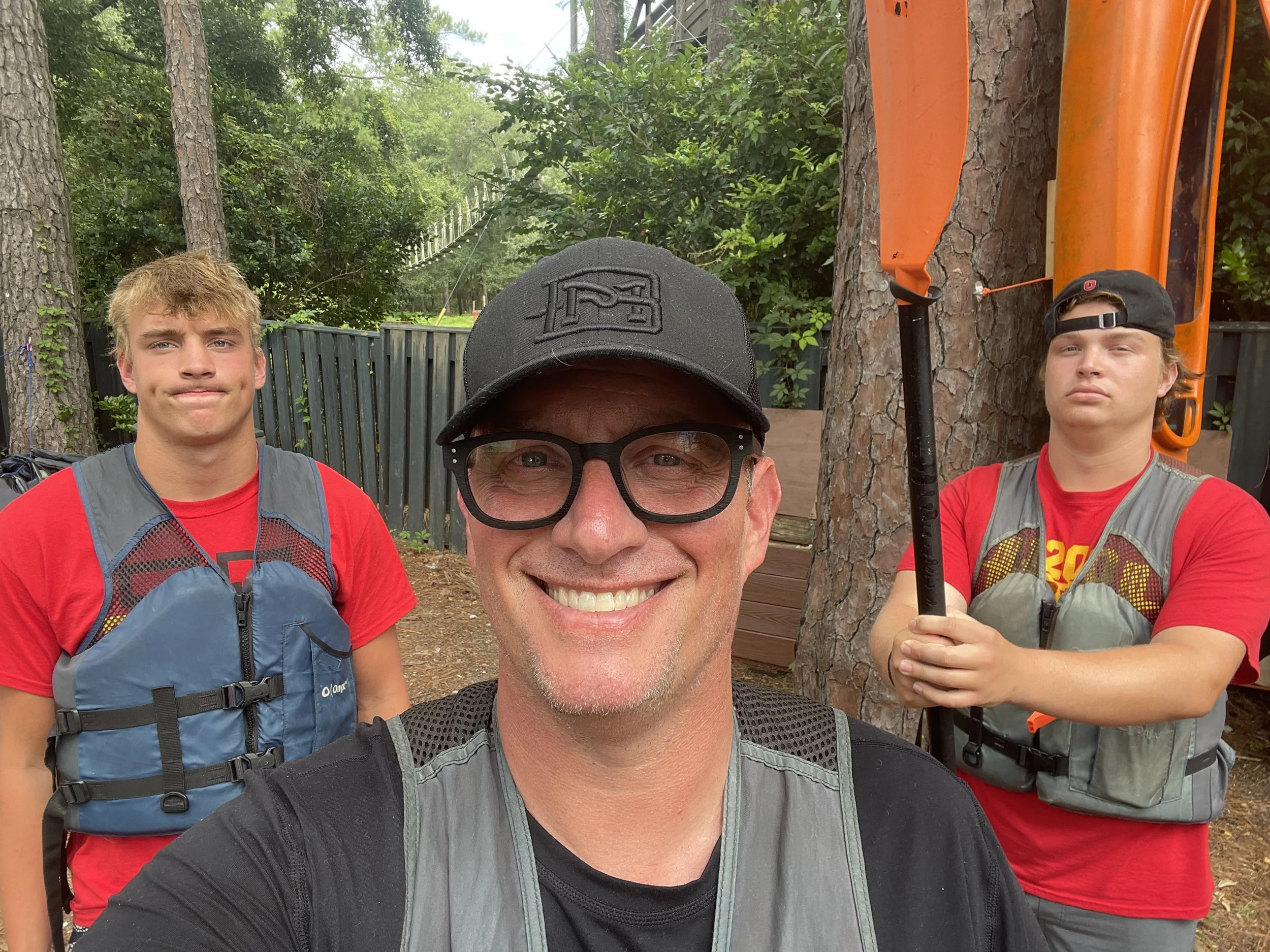
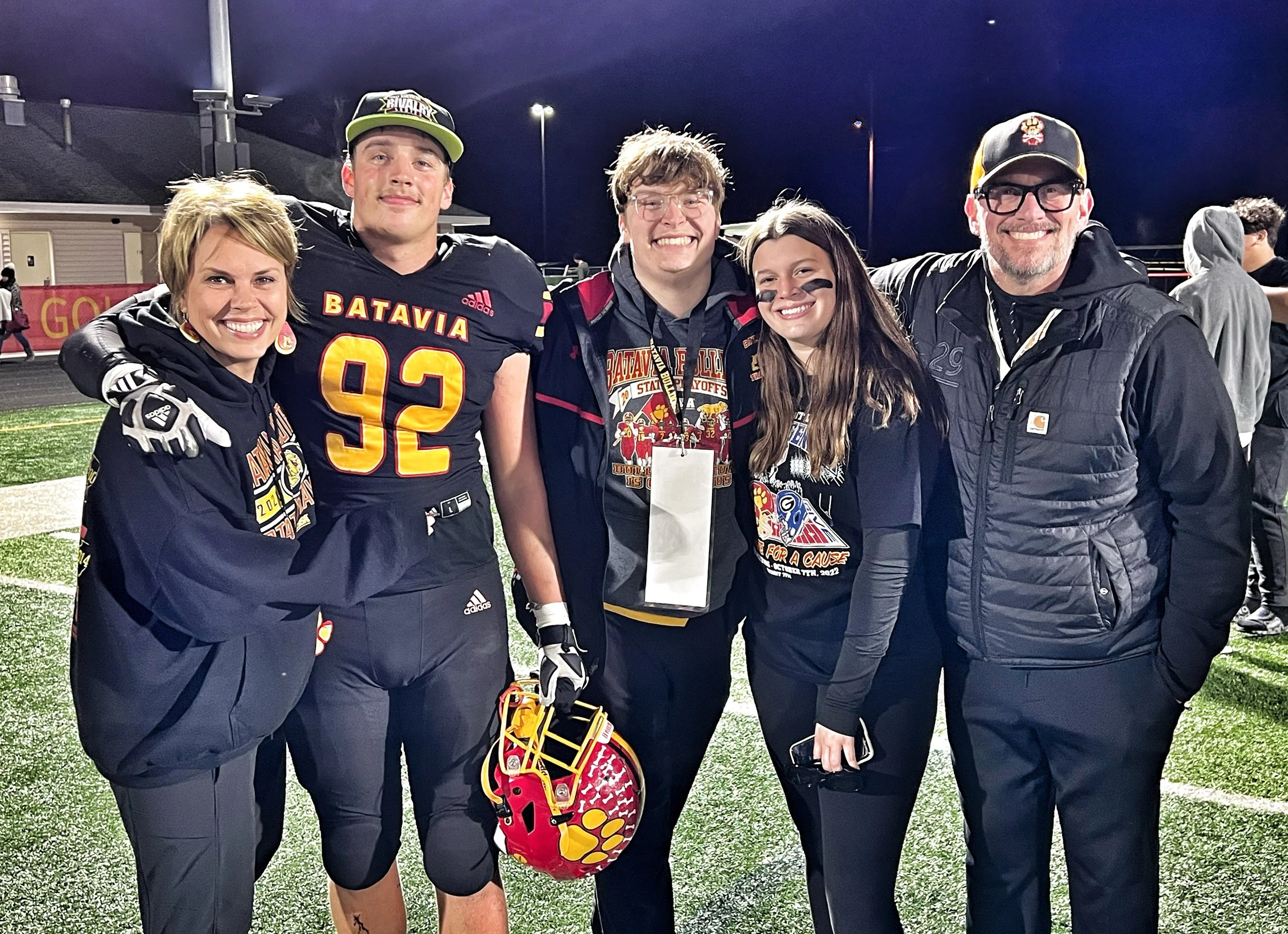
What We’re Learning
Quinn is older now. So are we. And looking back, we can see it more clearly.
We know that:
Being loud doesn’t mean being fine
Birth order can shape how seen (or invisible) a kid feels
The kid who gets the least of your worry might carry the most weight
And maybe most of all:
Being present isn’t just about being there.
It’s about noticing. Asking twice. Listening without fixing.
Stats That Matter
Middle children are 30% more likely to describe themselves as overlooked compared to oldest or youngest siblings (Psychology Today)
67% of Gen Z say they define success more by emotional wellness than traditional achievement (Pew Research)
Over 33% of youth athletes experience injuries that change their sports trajectory, and over 70% of them report feeling misunderstood by coaches or parents in recovery (American Academy of Pediatrics)
One More Thing
If you’re raising a middle kid, a strong kid, a loud kid, or any kid, really, we hope this episode and reflection remind you of this:
Sometimes, they don’t need advice. They just need to be believed.
Sometimes, they don’t need more direction. They just need to know you see them.
We missed it for a while. But we’re trying to show up differently now.
Thanks, Quinn, for helping us hear the quiet parts, even when you were shouting.
Running with you,
Justin & Sarah


